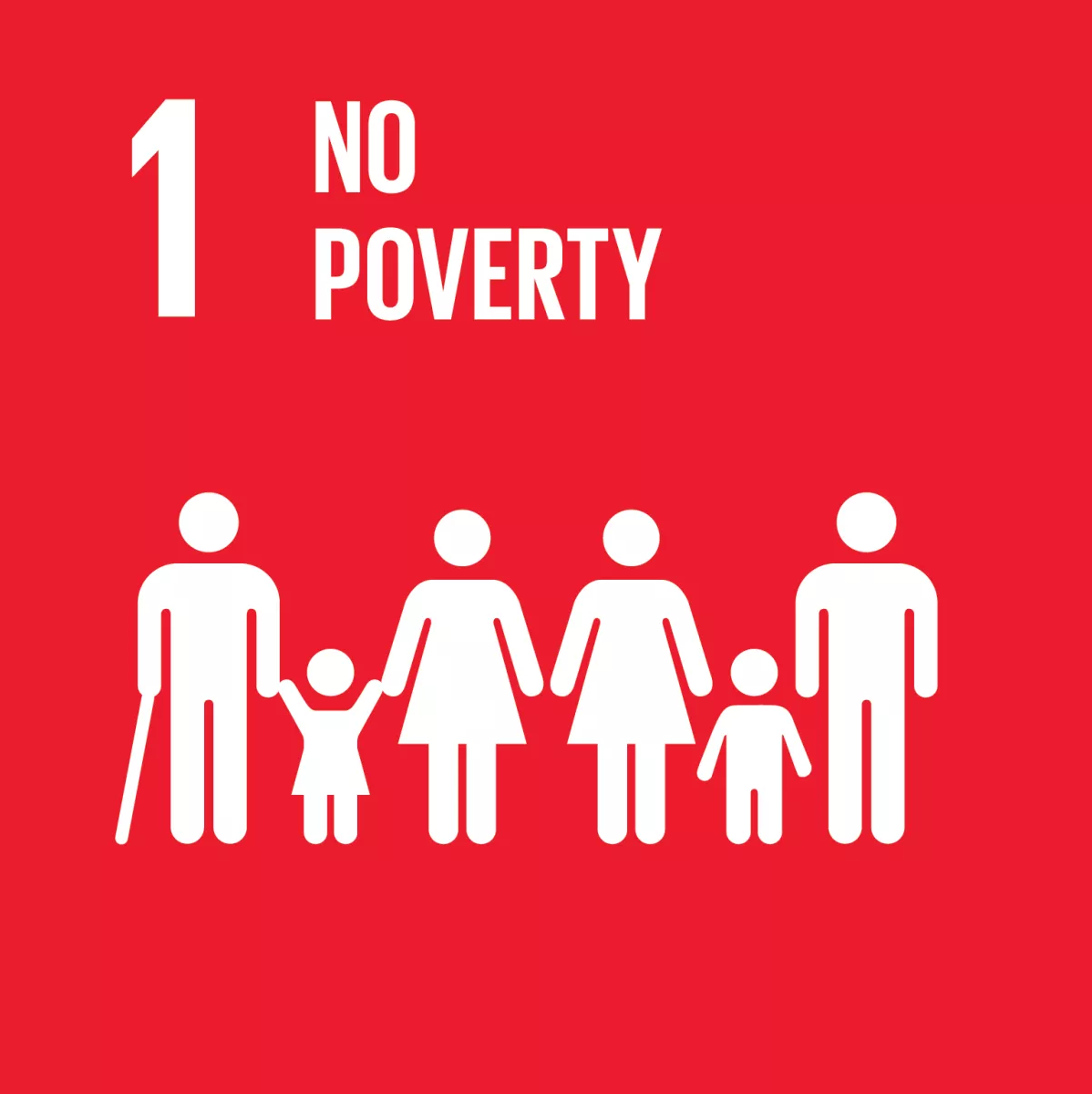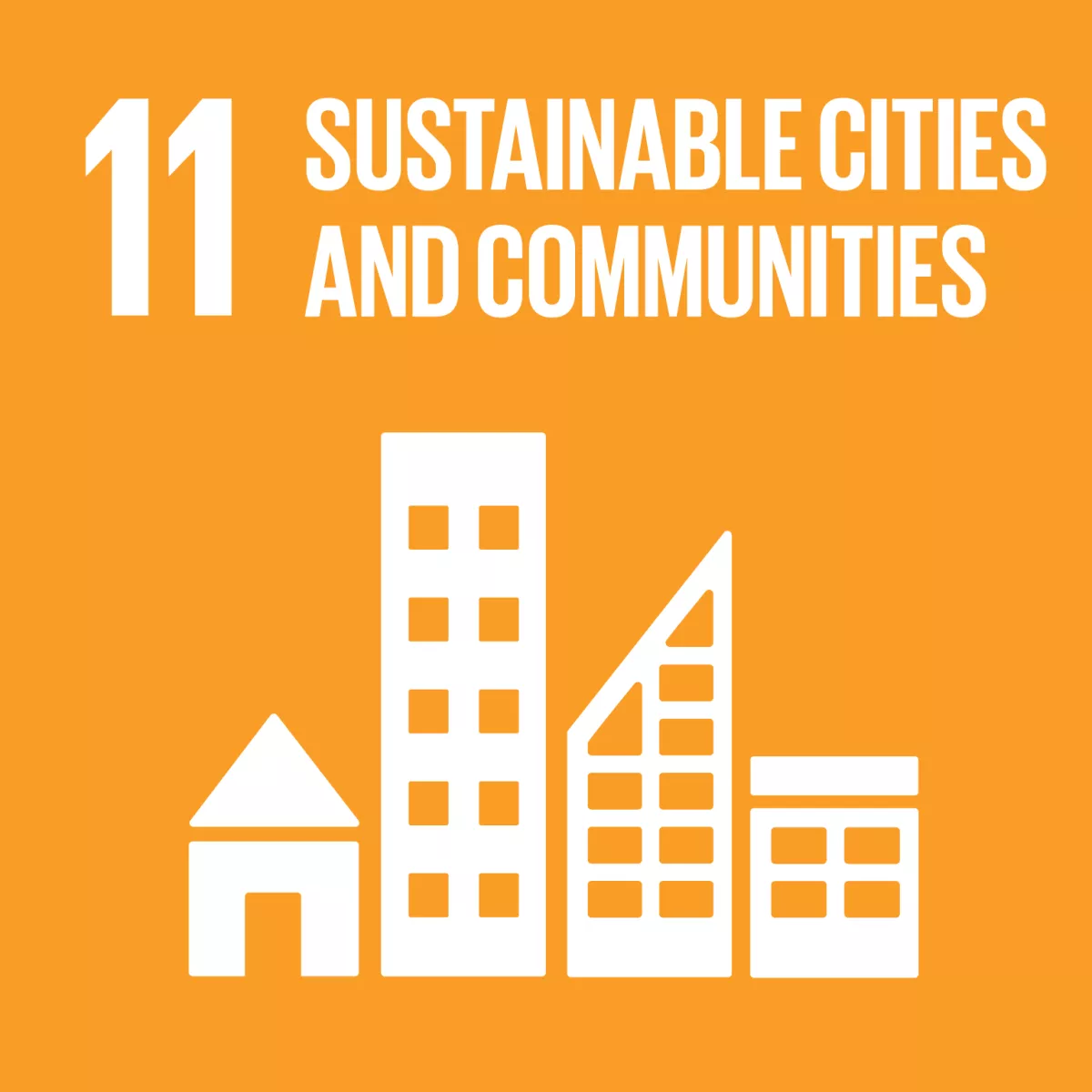Roughly 4,000 homes every hour need to be built to meet the current demand worldwide. Rapid urbanisation is a phenomenon of our times. Young people especially are drawn from rural areas to the world's metropolises – most of all in developing countries. These are millions of people, who hope for future prospects in a city: education, a job, a better livelihood. Not everyone get the chance to accomplish this goal and many have to find a home in the slums of a city. The number of slum dwellers worldwide keeps rising, where Sub-Saharan Africa alone shows 60 per cent of the urban population living in slums.
Slums grow without any planning strategy. The residents often face critical housing conditions: an unsafe accommodation, because houses are built with whatever material is available and wherever there is space. The lack of roads and streetlights makes slums inaccessible and risky. Public space is scarce and overcrowding a major problem.
To solve this situation, better and durable housing is needed. Building patterns have to change. Instead of a multitude of small ground-floor mud or tin huts; stable, multi-storey houses or apartments would provide living space at affordable prices for many slum families.
Ensure access to durable, safe and affordable housing falls under these SDGs:
The 2030 Agenda for Sustainable Development is a plan of action for people, planet and prosperity. All countries and stakeholders, acting in collaborative partnership, are starting to implement this plan. The 17 Sustainable Development Goals (SDGs) and 169 targets demonstrate the scale and ambition of this Agenda, which balance the three dimensions of sustainable development: economic, social and environmental.
Policy frameworks to ensure housing for all and social inclusion:
- PSUP provides urban profiles showing how to upgrade the slum. This includes an analysis of the infrastructure of the slums. It is a lens through which countries and cities reflect on their policy, legislation and planning for affordable housing and urban prosperity
- PSUP develops pro-poor housing policies - together with the local authorities and communities. The approach is citywide; it includes the slum dwellers
- PSUP promotes housing programmes - slum upgrading policies complement national strategies with a detailed plan of action
- PSUP includes the full range of stakeholders in a participatory and inclusive approach which engages the slum dwellers themselves
Ensure affordable, adequate and durable housing:
- PSUP promotes private investment in housing
- PSUP integrates the private sector and practitioners (such as architects and engineers) in the country teams
- PSUP promotes building with traditional techniques
- PSUP engages local labour to generate livelihoods
- PSUP develops financing strategies and multi-stakeholder finance models for housing in cooperation with the local community
- PSUP supports cultural identity through housing
Make the slum safe and accessible:
- PSUP promotes in-situ, citywide slum upgrading processes, which include Community Managed Funds
- PSUP ensures adequate location of resettlement areas for housing
- PSUP helps with planning of entire neighbourhoods, their roads and infrastructure
In GHANA’s capital Accra, the unique old town area of Ga Mashie has been undergoing upgrading by PSUP since 2008. In the two historic settlements of James Town and Ussher Town there are now paved streets and sewer systems almost everywhere. There are public and private toilets, as well as a municipal waste disposal system connected to the public refuse collection system.
NAMIBIA’S President launched a campaign to combat poverty in 2015. He first founded the Ministry for Poverty Reduction and Social Affairs, which should address the indicators of poverty. Housing conditions is a major indicator. UN-Habitat was requested to lead an analysis of urban housing access in Namibia as a first step towards the development of a national strategy to address this issue. PSUP was identified as one of the key programmes to contribute in the development of the strategy. As the result, PSUP supported the revision of the draft of the Mass Housing Programme for exploring wider alternatives for financing and delivery of more affordable housing in the country.




